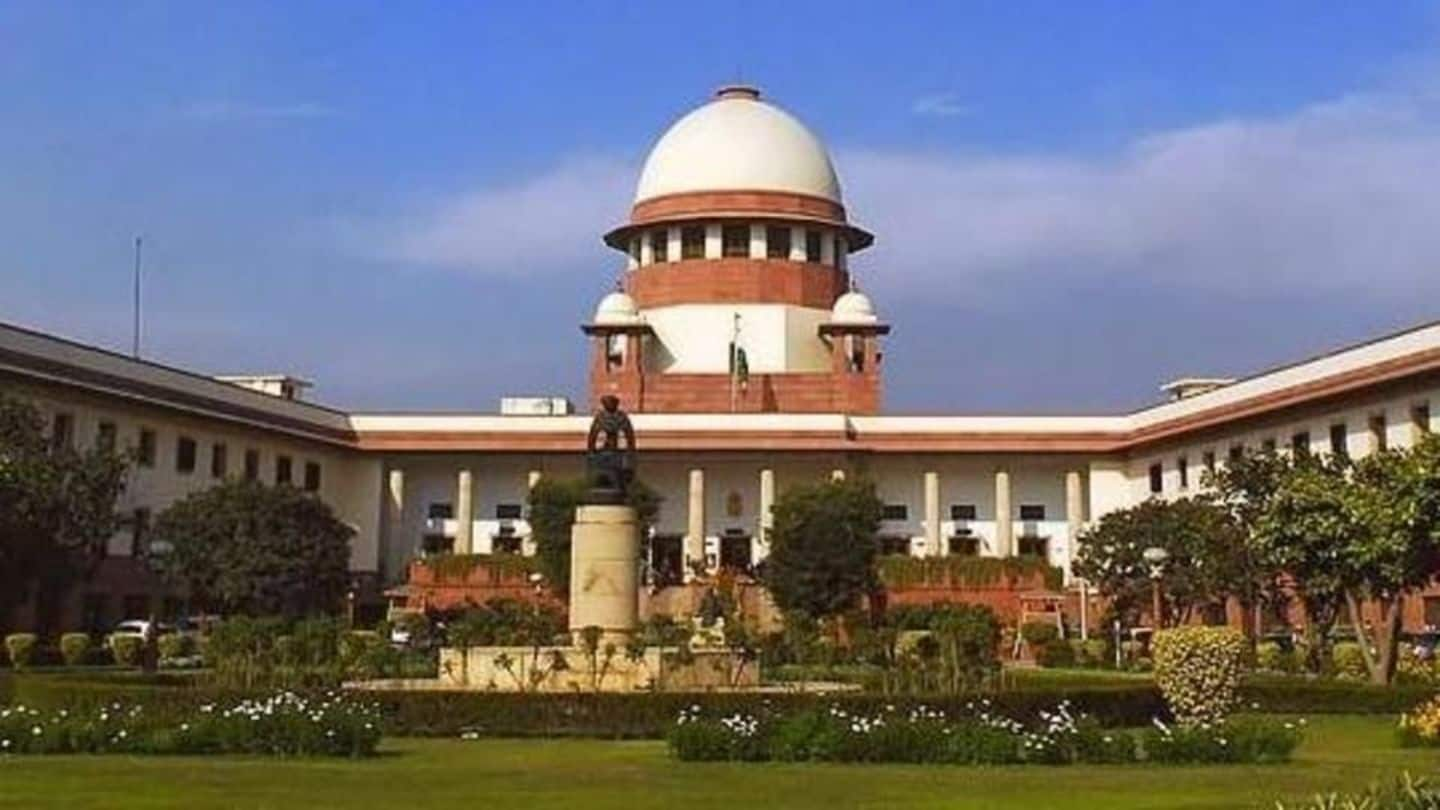
Centre argues firmly for Rohingyas' deportation in affidavit to SC
What's the story
The Centre has filed an affidavit in the Supreme Court in which it firmly argued for the deportation of an estimated 40,000 illegal Rohingya refugees living in India. It justified its decision to deport them claiming it has intelligence inputs that some Rohingya refugees have links to the Pakistani ISI or ISIS. The SC has adjourned the hearing over the issue to October 3.
Who are Rohingyas?
Rohingyas believed to be world's most persecuted minority
The Rohingyas are an ethnic Muslim group who constitute around one million of Myanmar's predominantly Buddhist 50 million population. They speak a Bengali dialect, mainly reside in the country's impoverished northern Rakhine state. Myanmar views them as illegal Bangladeshi immigrants and doesn't officially recognize them as its citizens, rendering them stateless. The Rohingyas have allegedly been subjected to human rights abuses by Myanmar.
Context
Affidavit in response to plea by 2 Rohingya refugees
The SC had told the government to file an affidavit after two Rohingya immigrants Mohammad Salimullah and Mohammad Shaqir filed a plea against the government's deportation decision. Both Salimullah and Shaqir are registered with the United Nations High Commissioner for Refugees (UNHCR). Their plea is based on the grounds that the deportations would violate conventions of international human rights.
Terror link?
Centre argues some Rohingyas have terror links
The Centre argued in the affidavit that militant elements are active among the Rohingya communities in Delhi, Hyderabad, Mewar and Jammu. It said there's an "organised network of touts operating in Myanmar and West Bengal and Tripura to facilitate the influx of illegal Rohingya" refugees into India. The Centre said several Rohingyas have managed to "illegally" source voter identity cards and PAN cards.
Details
Centre says some Rohingya using 'hawala' to fund illegal activities
The Centre said some Rohingyas are "using the 'hawala' route to raise money for illegal activities." It also hinted that the SC shouldn't interfere in the government's executive policy pertaining to the illegal Rohingya refugee issue. It contends that the "presence of illegal Rohingya Muslims in India is not only a drain on India's resources but also a serious security threat to [the] country."